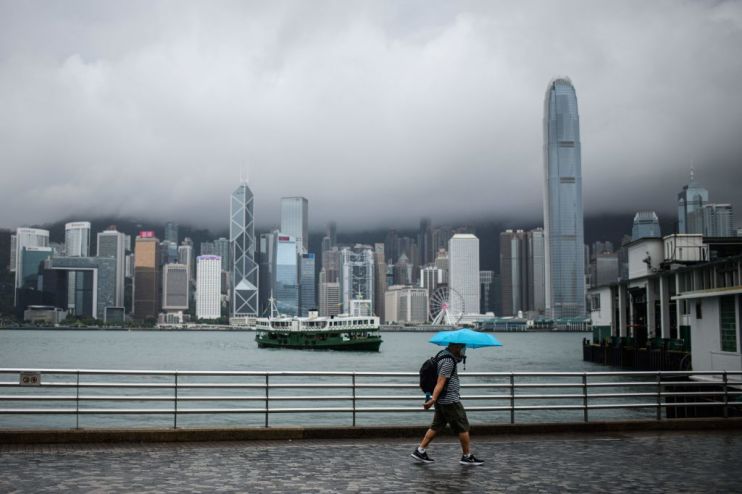Hong Kong a reminder that firms must match words with actions

Last week in this space we suggested that Hong Kong’s decision to place a bounty on the head of eight effectively-exiled pro-democracy protestors, including the young campaigner Nathan Law, showed the true autocratic colours of the territory’s government and its Beijing masters.
That Hong Kong police yesterday raided the home of Law’s family, and questioned them on “suspicion of assisting a person on the run to continue behaviour that threatens national security,” shows we can add cowardice to the list of sins.
The anti-democratic crackdown on Hong Kong, and what has happened to that territory, is a tragedy. It will have implications for business in the territory; Singapore is becoming a far more important hub for most Western firms who need to be in Asia than Beijing-on-the-Bay.
But it also has very real implications at the human level, as we are now seeing play out. It’s worth remembering that Law’s crimes, such as they are, amount to being elected as a legislator and organising peaceful protests. He is not a fugitive on the run; he’s a democrat. What sort of regime terrorises a man’s family?
A penny, then, for the thoughts of City chiefs like HSBC’s Noel Quinn. Under pressure from the authorities in the territory, Quinn’s bank gave enthusiastic backing to the same National Security law that led to Law’s exile and, now, the persecution of his family.
Law told us last year that HSBC, in doing so, was “cheerleading” for the regime. That’s the same Quinn, by the way, who is quoted on the extensive ESG section of HSBC’s website saying “how we do business is as important as what we do” and promising to “meet our responsibilities to society”.
If ever we needed proof that too much of the City’s ESG chat is just waffle, that should be quite enough. There may well be hard-headed business reasons to go along with the ever-more vindictive and totalitarian leaders of Hong Kong, and HSBC were not alone, but do spare us the rhetoric.
